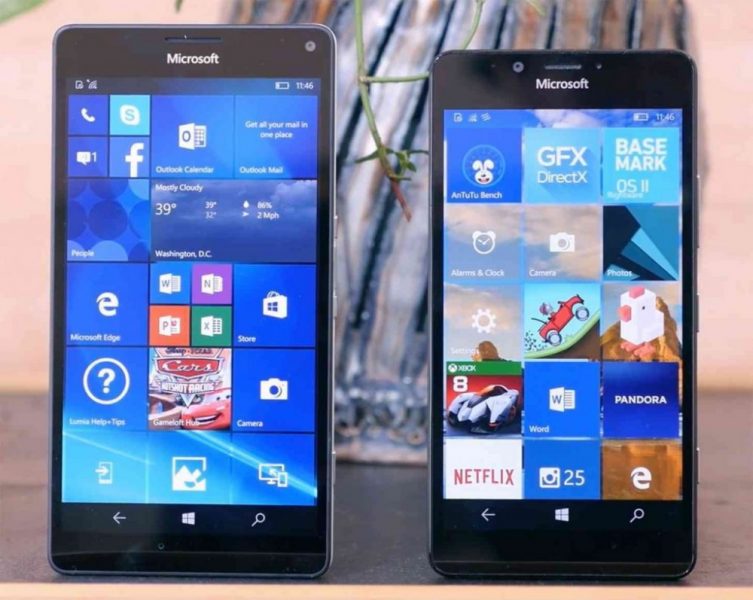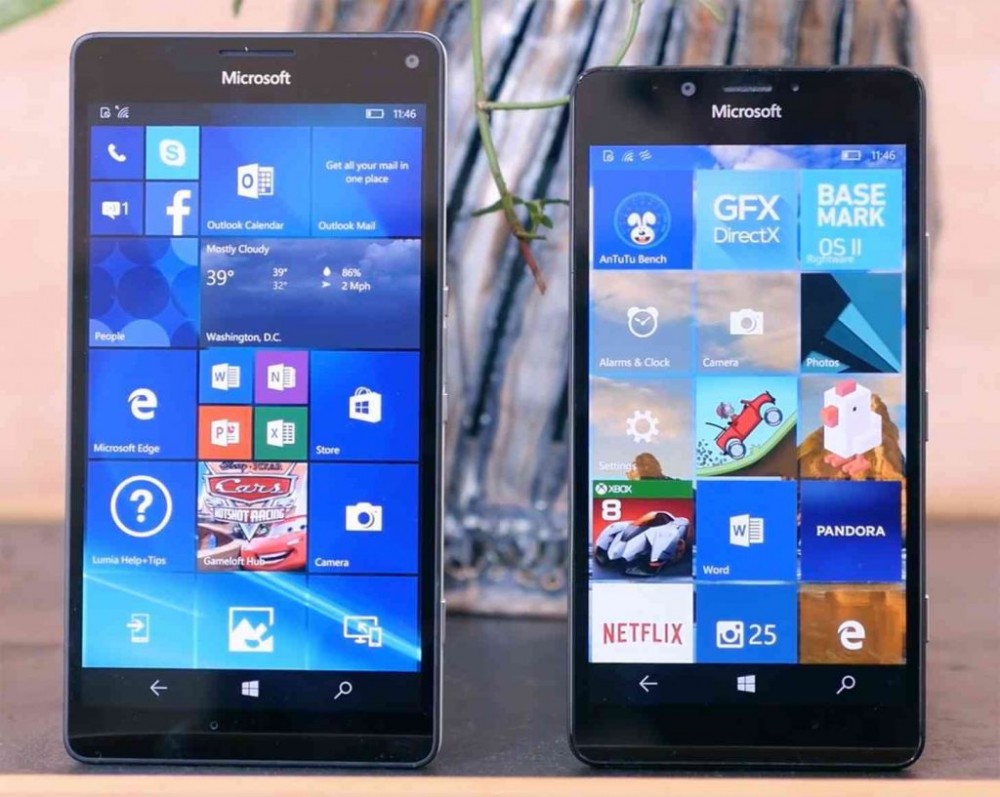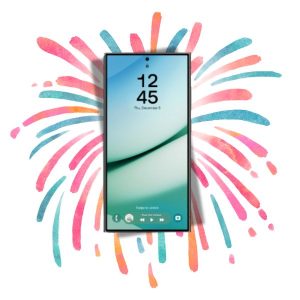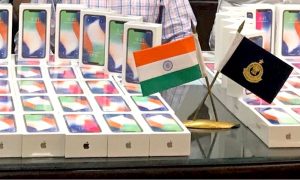Are you still using a Windows Phone?

It wasn’t a secret to anyone. Not really. But Microsoft’s Joe Belfiore, someone who has been adamantly a fan of Windows on smartphones for years now, basically confirmed what we all already knew: Microsoft isn’t putting any attention on the hardware, or software. It’s time to pack it all up. Pour one out, even.
One could say that Windows Phone, or Windows 10 Mobile, or Windows Phone 7, had a good run. Microsoft did legitimately make things pretty exciting back in the day. Windows Phone, which I’m just going to refer to it as such throughout this article, brought a unique user interface to the smartphone market, one that desperately needed one. With all those iPhones and Android devices out there, seeing all those Live Tiles was a nice change of pace.
And actually using Windows Phone was pretty great, too. I don’t ever really remember running into a phone that suffered from lagging software or anything like that. Plus, I loved that stock keyboard. Between it and the iPhone’s at the time, they were my favorite to use.
I had a lot of hype for Microsoft’s vision for smartphones. This single ecosystem that also included the Xbox. I can still remember the passion project from the company, where you’d be able to use the phone as a remote, and play with other players in the same house on the same console. Or, even better, being able to play a game on the Xbox, pause it, and then continue playing on the Windows Phone.
As for why it’s over, it’s due in part because, despite the company doing just everything it could to get developer support for the mobile OS, it just didn’t pan out. Which is definitely understandable. One of the main talking points for the mobile OS over the years was just that: No app support. And, like me, that’s probably why a lot of people abandoned it — or never even tried it.
Not having a lot of apps wasn’t a big deal for me, at least not at first. But the major issue was the fact that the apps that were there, and the ones that I had used on other platforms (iOS and Android) were just . . . not good in comparison. Even Microsoft’s own apps, like the Xbox app, was pretty underwhelming compared to the ones offered on competing platforms. This never really got fixed, so switching just made sense.
Microsoft has its own set of goals ahead of it, including the Surface hardware lineup, and Windows in general, but a place in the smartphone market, at least when it comes to a mobile operating system or hardware, doesn’t appear to be in the cards. But it’s not like Microsoft is going to miss that boat entirely. The company has a treasure trove of apps already out there, and there are probably more on the way, both for Android and iOS.
Besides, what’s the over/under here that Microsoft launches a Surface Phone that is running Android with all of the company’s must-have (according to them) apps on board. Is it a stock Android experience? Or one that has the Microsoft Launcher pre-installed? Either way, it’s an Android device designed to give you the best possible experience with Microsoft products. I don’t think that’s entirely out of the realm of possibility.
One day. Maybe.











